The U.S. Supreme Court will hear arguments Monday on whether to reinstate a federal ban on sweet-flavored vaping products.
The case centers on the FDA's efforts to regulate e-cigarettes to fight teen nicotine addiction. Experts say past bans helped drive down "epidemic" levels of young people vaping in 2019.
In recent years, the FDA has denied more than a million marketing applications for candy-and fruit-flavored e-liquids, targeting products that appeal to minors.
Advocates credit the crackdown and stricter age restrictions with reducing youth nicotine use to its lowest level in a decade.
Still, concerns remain over the continued availability of flavored products, which are often sold online or in unauthorized shops.
Republican President-elect Donald Trump's administration could take a different approach––he vowed in a September social-media post to "save" vaping.
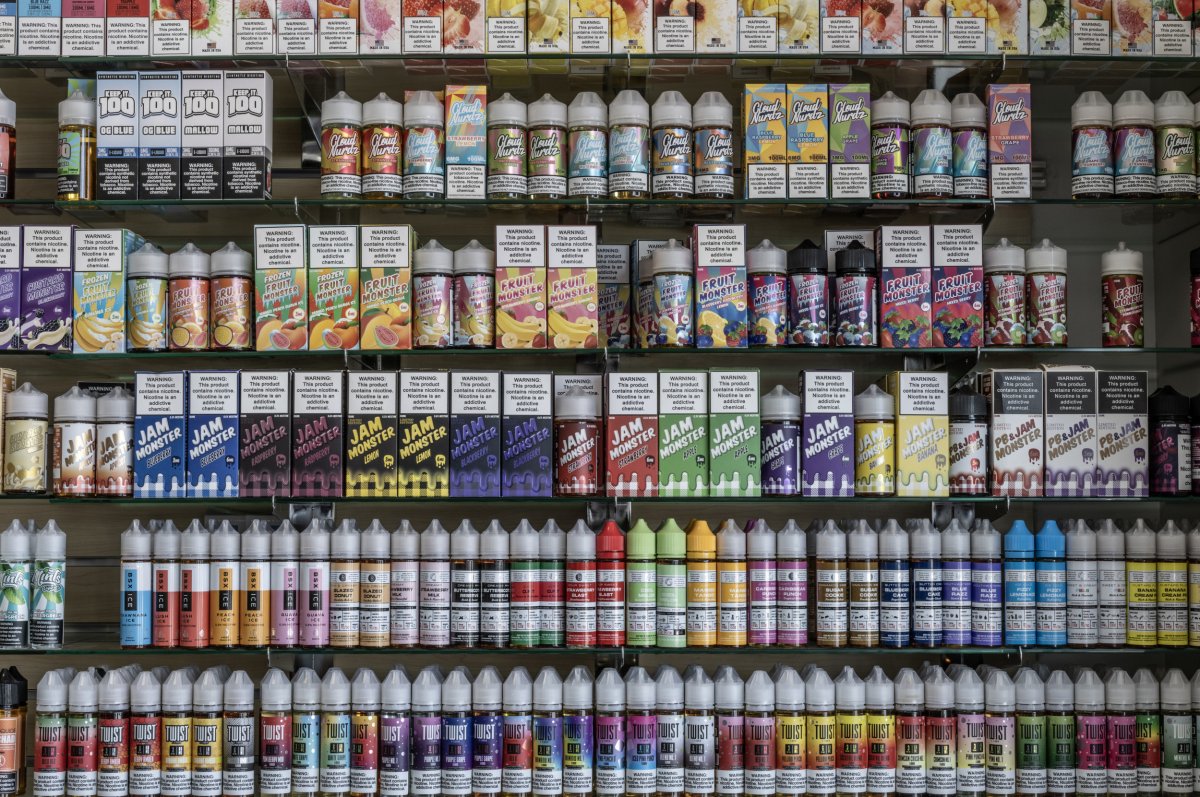
Industry Criticism of FDA's Shifting Approval Standards
Sweet flavored vapes remain the most popular among the 1.6 million high school students who vape in the U.S.
Dennis Henigan, vice president for legal and regulatory affairs at the Campaign for Tobacco-Free Kids, warned of the consequences if the Supreme Court rules against the FDA.
"We think that would be a real harm to public health," Henigan said.
The case stems from a challenge by Triton Distribution, a Dallas-based vaping company, whose products include the nicotine-infused "Jimmy The Juice Man in Peachy Strawberry."
Triton argued that the FDA unfairly rejigged its approval requirements without warning, effectively setting its applications up for rejection.
The conservative 5th U.S. Circuit Court of Appeals agreed, overturning the FDA's decision and allowing Triton to continue selling its products.

How Regulated Are Flavored Vapes?
Marc Scheineson, a former FDA associate commissioner now representing small vaping companies, said the agency's shifting policies made compliance difficult.
"It sort of pulls the chair out from the applicants," Scheineson said.
Triton's case could have far-reaching implications for the vaping industry. Companies like Trition have faced mounting scrutiny since e-cigarettes entered the U.S. market over a decade ago for attracting younger demographics.
Critics have long pointed to the FDA's sluggish response to the rise of vaping.
Significant regulatory efforts only began years after e-cigarette use became widespread.
In January 2020, the FDA prioritized enforcement against certain unauthorized flavored e-cigarette products that appeal to children, such as fruit and mint flavors, particularly in cartridge-based systems. This policy excluded tobacco and menthol flavors.
Even now, flavored products deemed illegal remain readily available through online sellers and other channels.

Supreme Court Cigarette Packaging Dispute
In a related decision earlier this week, the Supreme Court declined to hear a challenge to federal rules pushing for graphic warning labels on cigarette packaging and advertisements.
In March 2020, the FDA issued a rule mandating that cigarette packages and advertisements display graphic health warnings, including images depicting the adverse effects of smoking.
The implementation of this rule has been delayed due to ongoing legal challenges.
In this case, the court rejected claims from tobacco giant R.J. Reynolds that the rules violated First Amendment protections. Cigarette packaging designs have remained the same since 1984.
R.J. Reynolds argued that images of enlarged tumors and blackened limbs due to circulation loss were misleading because a patient would likely go to the doctor before a health issue reached that size.
The 5th Circuit upheld the regulations, which mandate images of smoking-related health issues such as cancerous lungs alongside warnings about the risks of smoking, as is the norm in many other continents.
This article includes reporting from The Associated Press
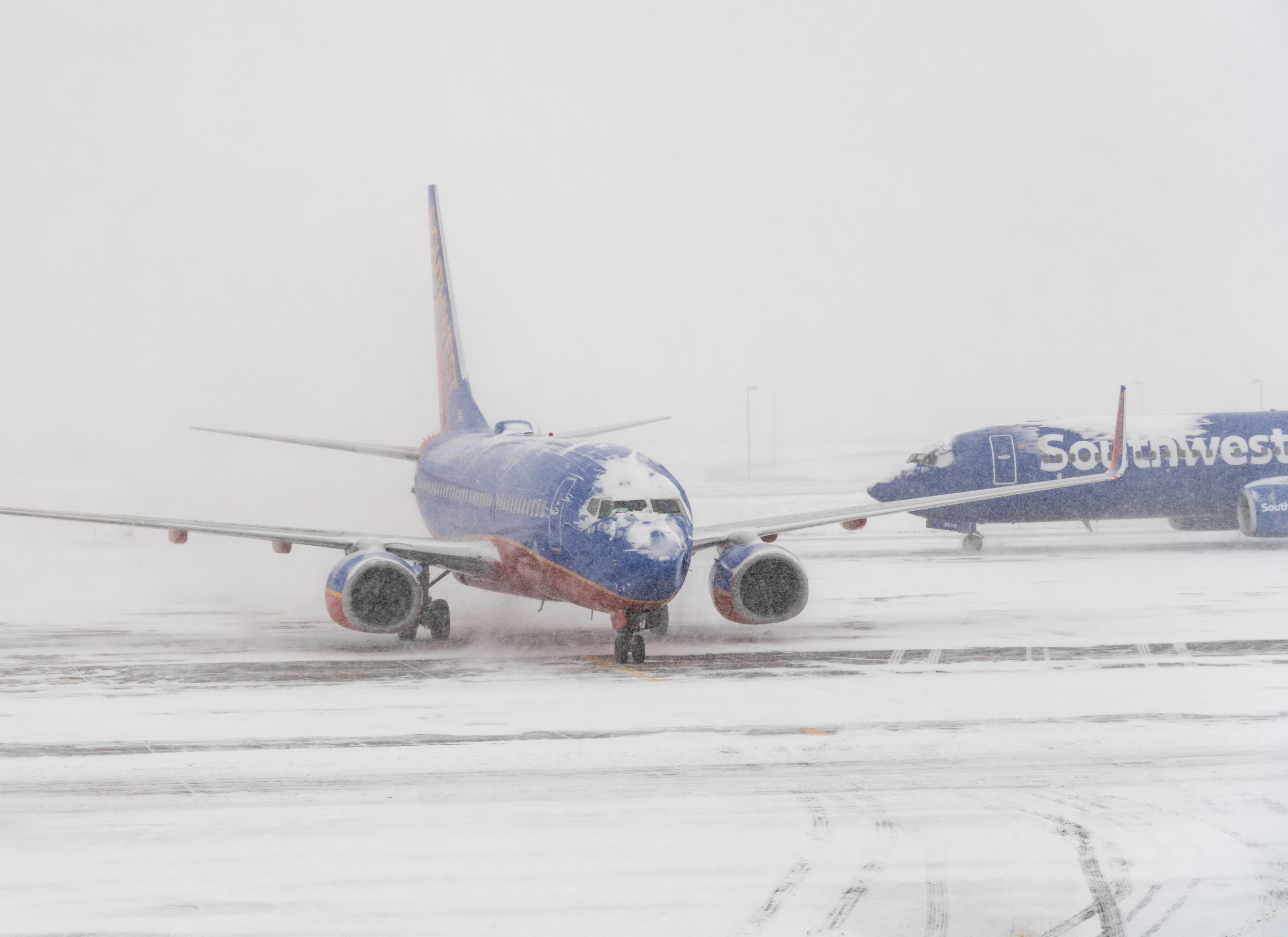


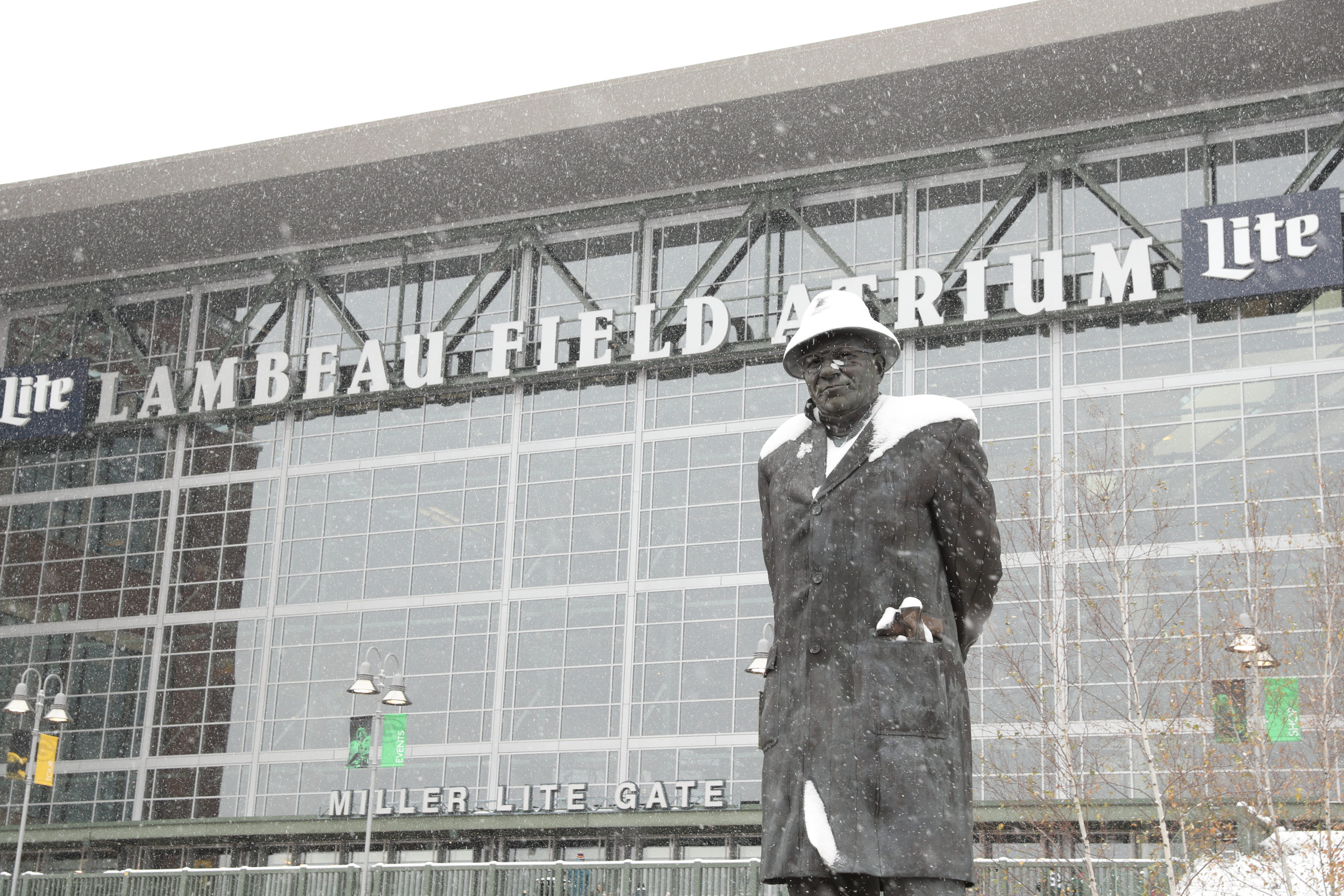





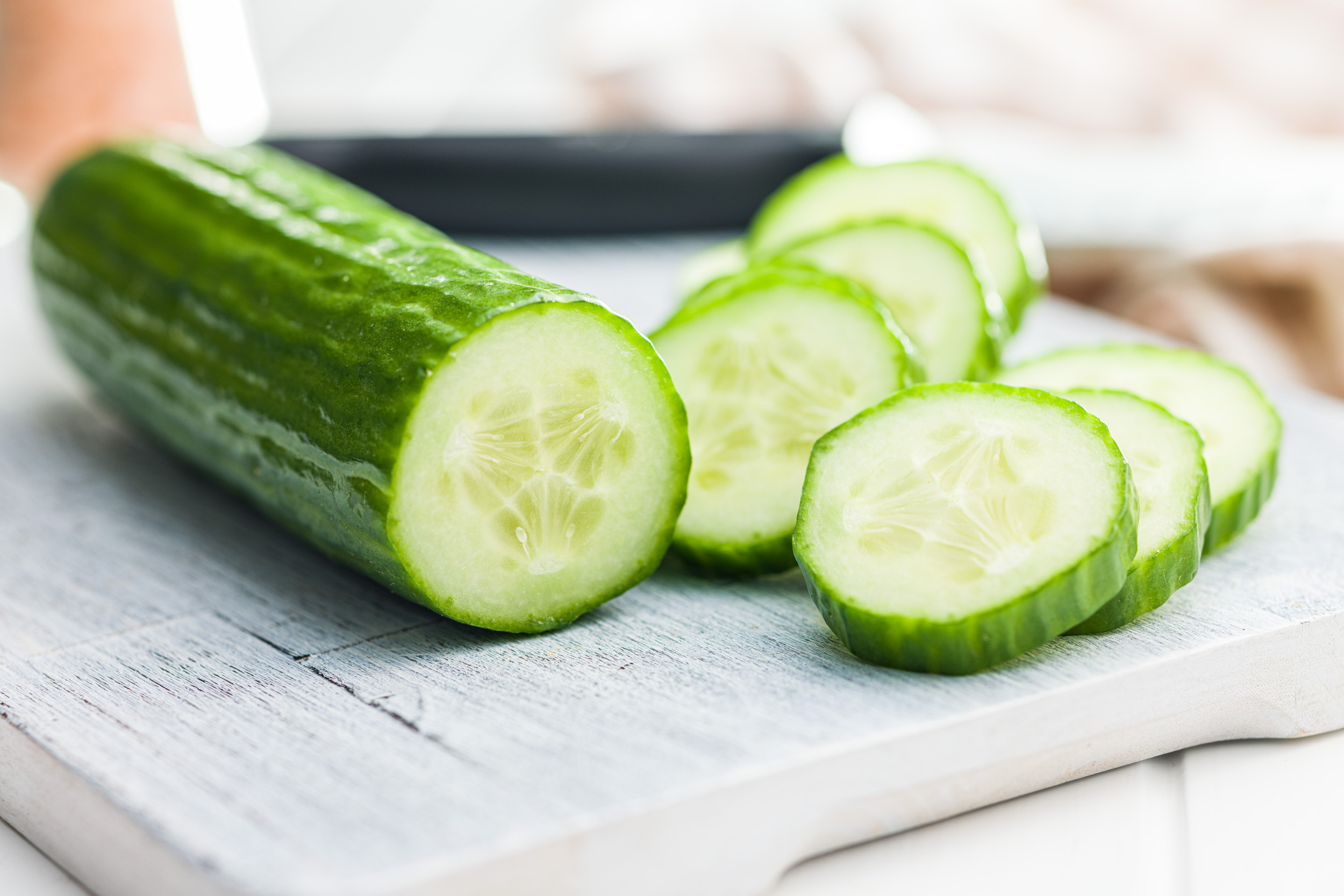

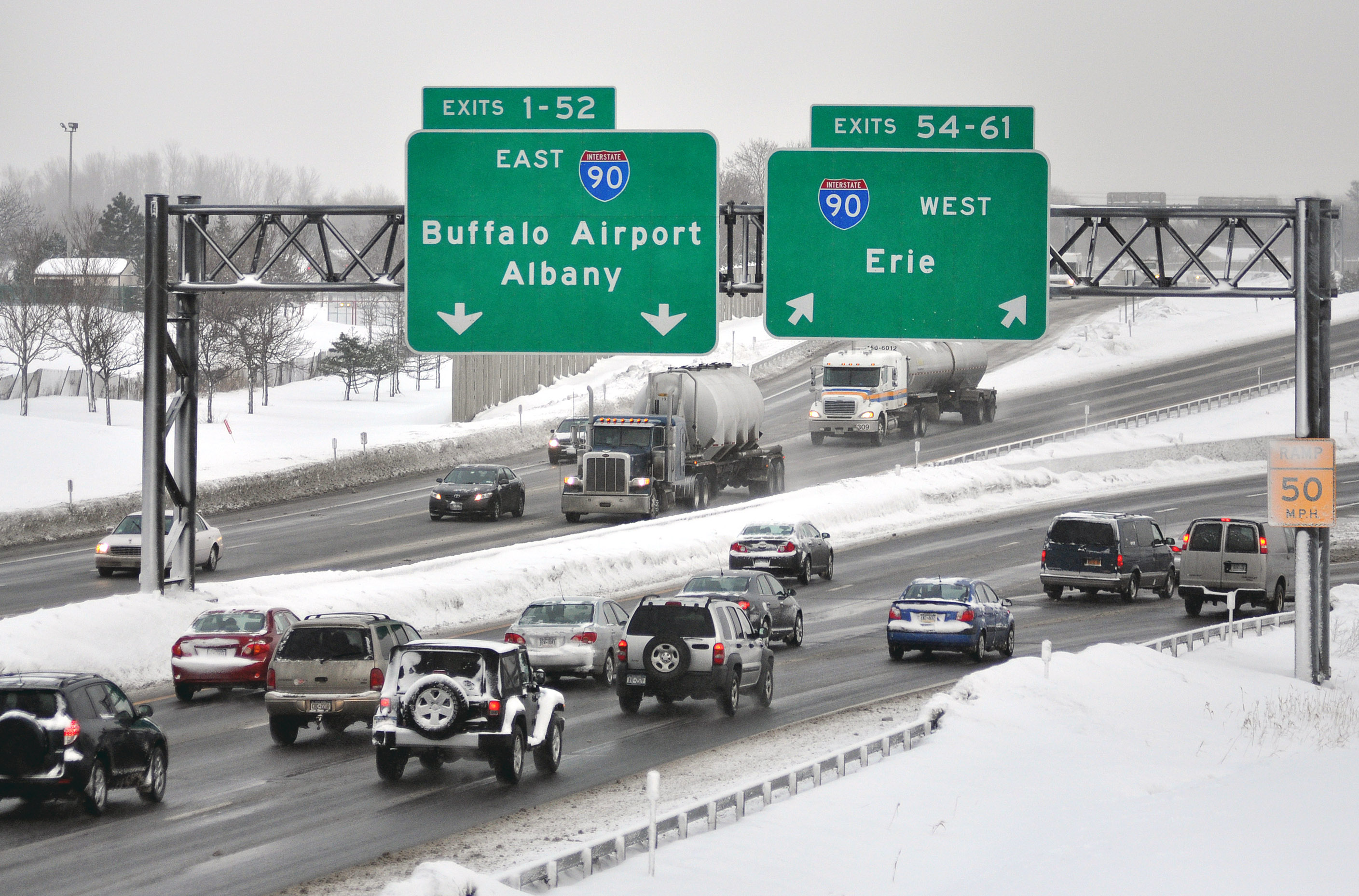







 English (US) ·
English (US) ·